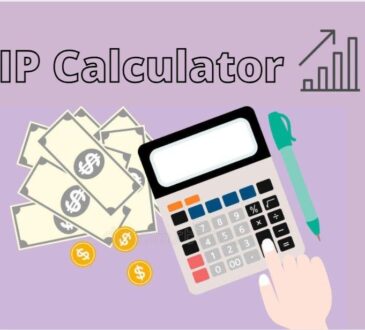
Day trading is buying and selling a financial instrument within the same day or even multiple times over a day. Traders can do this in various markets, including stocks, forex, and futures. Futures are contracts that bind two parties to buy or sell an asset later at a predetermined price.
Day trading futures is a popular way to speculate on the direction of various markets without taking ownership of the underlying asset.
Traders should be aware of several things before getting started with day trading futures in the UK:
- Understand the difference between spot and futures prices
- Understand margin and how it is used in futures trading
- Have a clear plan for risk management
- Choose the right platform and broker
- Get familiar with the most popular futures contracts traded in the UK
- Know what news events can move the markets
- Stay up-to-date with changes in regulation
- Know how to use technology to your advantage
Open an account with a futures broker
The first step in day trading futures is to open an account with a broker that offers futures trading. Traders should consider several factors when selecting a broker, such as commission costs, platform fees, and the quality of customer service. It is also essential to ensure the broker is correctly regulated by the Financial Conduct Authority (FCA).
Choose a futures contract
There are many different types of futures contracts available for trading, so choosing one that aligns with your investment goals is essential. For example, if you are interested in day trading oil, you would want to choose a contract that shadows the price of crude oil. Other popular contracts include gold, silver, platinum, palladium, and copper.
Monitor the futures market
Once you have chosen a contract, you will need to monitor the markets to find trading opportunities closely. Traders can do this by following news events that might impact the price of the underlying asset, as well as using technical analysis to identify potential support and resistance levels.
Place your trade
Once you have found a trading opportunity you like, you must place your trade through your broker. You will need to specify the size of your position and your entry and exit prices. You must also remember to set up a stop-loss order to limit your losses if the market moves against you.
Manage your trade
Once your trade is placed, you will need to manage it to ensure that it stays profitable. It includes monitoring the markets for any changes that could impact your position and adjusting your stop-loss order accordingly. You will also need to be ready to take profits off the table when the market reaches your target price.
Close out your trade
When you are ready to close out your trade, you will need to place an order with your broker to sell your position. Once this order is filled, your trade will be complete, and you will have realised either a profit or a loss.
Benefits of day trading futures
Leverage
One of the most significant advantages of day trading futures is the available leverage. It allows you to control a more significant position than you would with your capital, leading to greater profits. However, it would help to remember that leverage can also magnify your losses, so it is vital to use it carefully.
Low costs
Another advantage of day trading futures is that the costs are generally relatively low. It includes commissions, platform fees, and other related costs, making it an attractive option for those looking to keep their trading costs down.
Access to global markets
Futures contracts are traded on exchanges worldwide, which gives traders access to a wide range of markets. It can provide opportunities to trade various assets, including commodities, currencies, and indices. You can see the markets you will have access to via FCA-regulated Saxo Markets here.
Risks of day trading futures
Volatility
A significant risk of day trading futures is the volatility of the markets. Futures contracts are often subject to significant price swings, which are challenging to predict. It can lead to losses if trades are not managed carefully.
Leverage
As mentioned before, leverage can be both a benefit and a risk when day-trading futures. While it can lead to greater profits, it can also magnify losses if the market moves against you.
Conclusion
In general, day trading can be very lucrative depending on your tactic and consistency, as well as discipline in trading. Even though there are caveats and there is risk involved, learning risk management techniques can help minimise them and potentially maximise profits.










